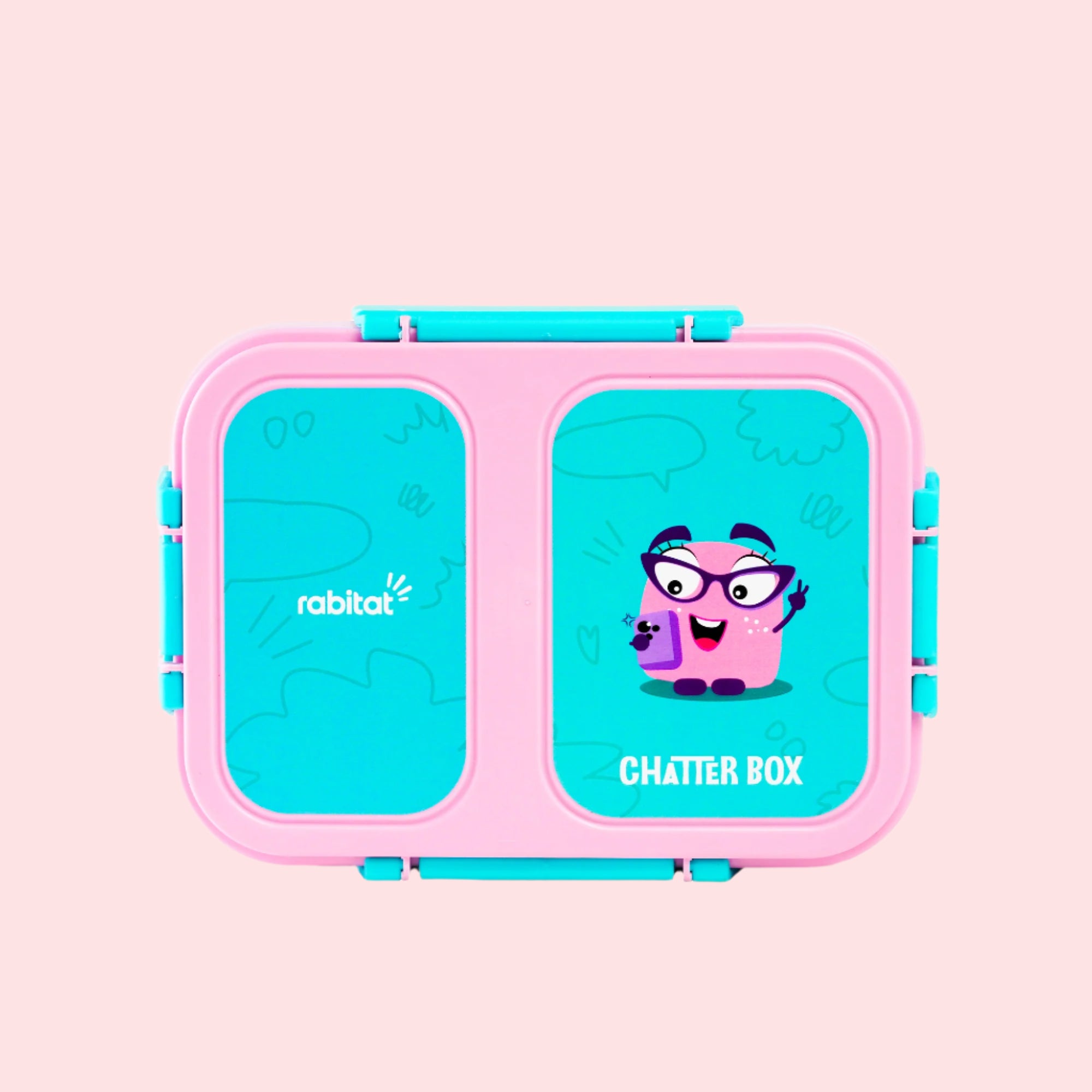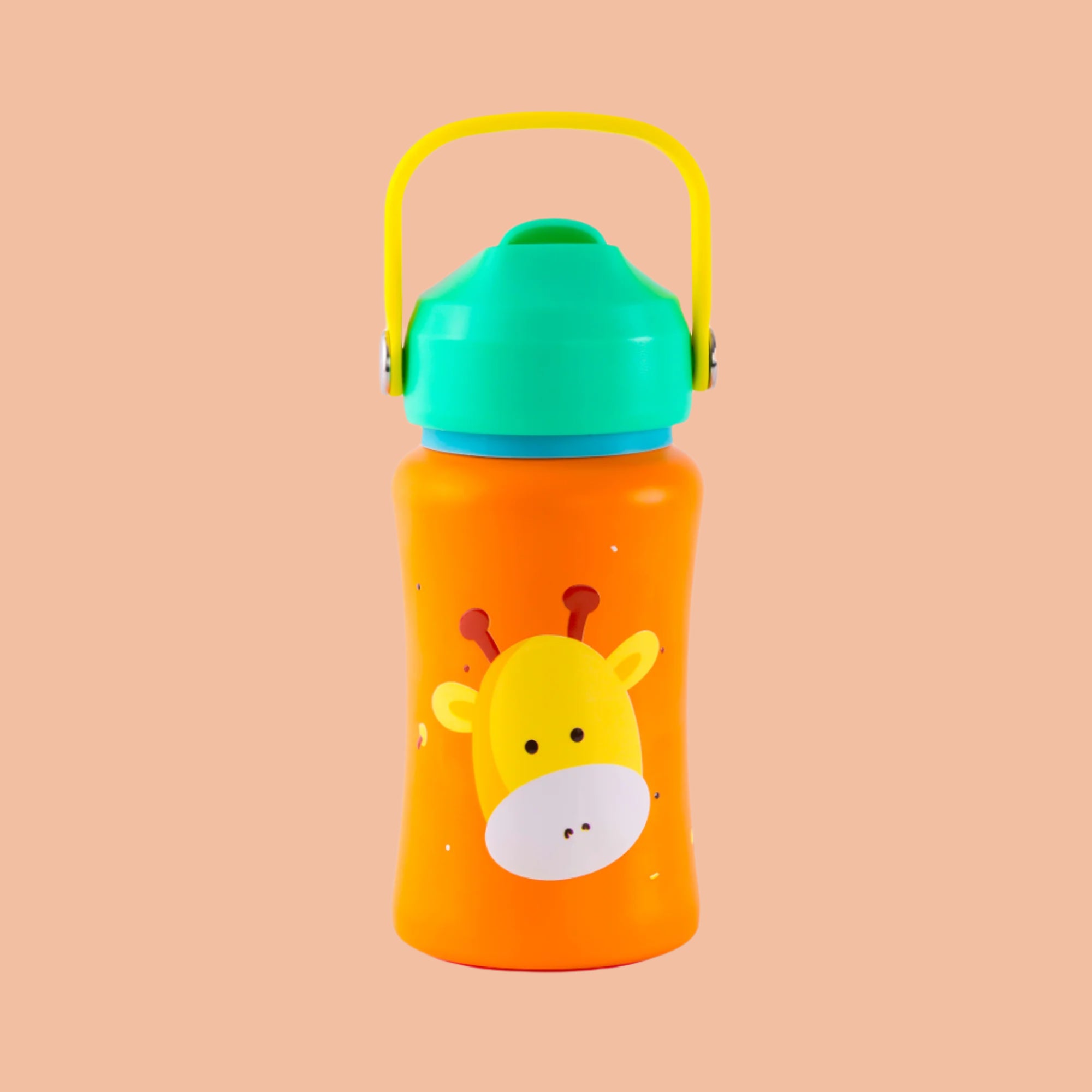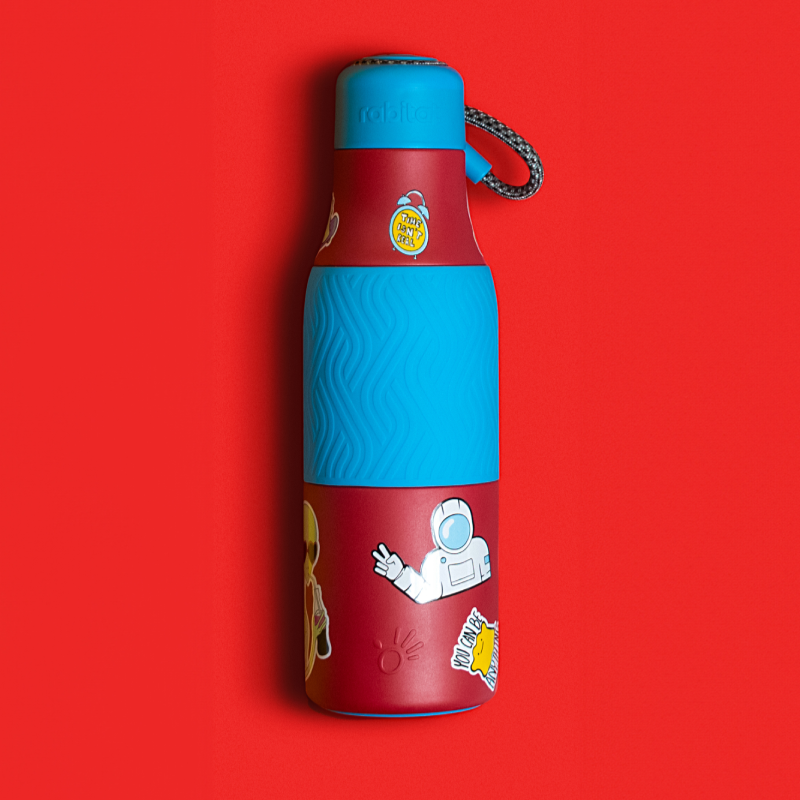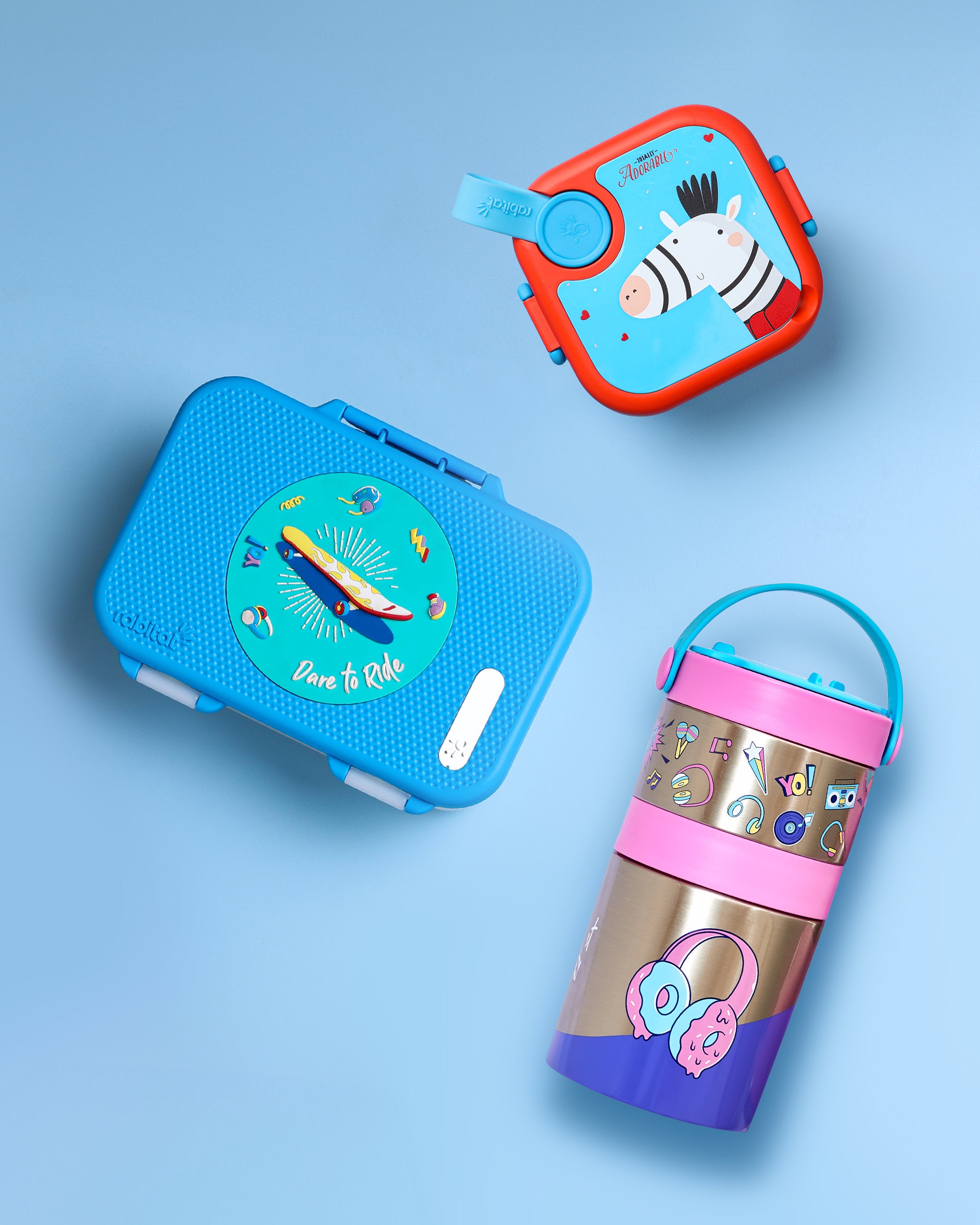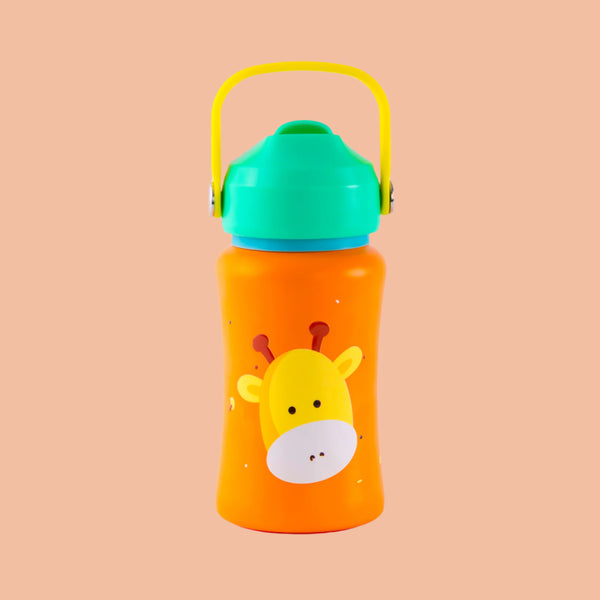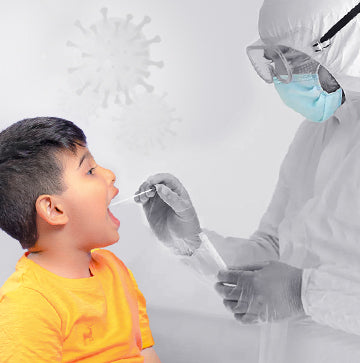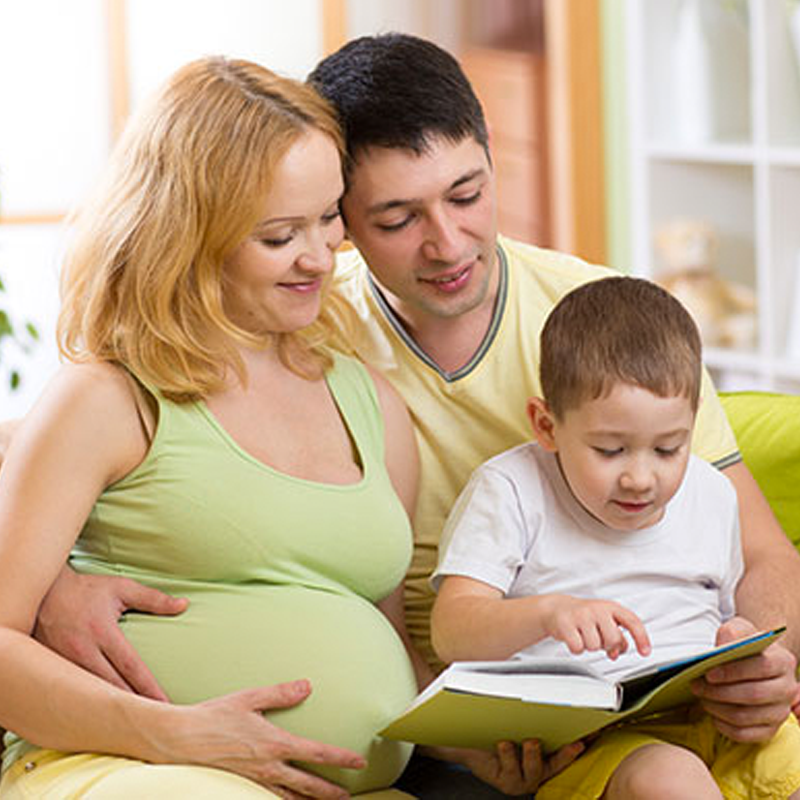You are pregnant, you are unsure of how to deal with it during this pandemic. First, just take a deep breath, everything will be alright!
It’s difficult times but you have to pull yourself together to protect your unborn child and bring her alive in this world. All sorts of questions must be going through your mind like whether you have a higher risk of getting infected, are there risks from Covid-19 for the unborn child or in the worst case what will happen if you are infected? All your questions will be answered here with guidelines for staying safe. But before I prepare you with all the required information, let me first give you hope with a real story.
(Courtesy: Brut) Mounika Tula from Chennai had her pregnancy for the first time and she was six months pregnant when Covid started spreading in India in the month of March. As per the mandatory guidelines set by the government, she took a Covid-19 test two weeks before her delivery date only to get a positive result that left her devastated. But she realised it wasn’t going to be of any help if she broke down and worried more when she consulted her gynaecologist. She gathered her courage, isolated herself in a room and the first thing she did was talking to her baby. With a positive and protective mindset, she told her unborn baby, “Don’t worry. Your mom is going to make sure that whatever I’ve planned for you, that’s going to happen.” She monitored her baby kicking in her tummy to ensure the baby is active. The good news was the baby was hyperactive throughout the week and Mounika was tested negative after that week. She delivered her baby without any complications and believes everything can be overcome with trust and Covid is just a passing cloud.
I’m guessing you are pumped up by now, so let’s prepare you with all the information and safety guidelines.
Are you more susceptible to Covid-19 during pregnancy?
We are all aware of the fact that Covid-19 spreads:
- Between people who are in close contact with one another when one is infected.
- Through respiratory droplets produced when an infected person coughs or sneezes.
- When the droplets land in the mouth, nose or eyes of the people nearby.
- And also the new strand is believed to be airborne, stronger and tends to spread more.
Just because you are pregnant doesn’t mean you are more likely to get infected with the virus. You can avoid it with proper care. Healthy pregnant women have no particularly higher risks of coronavirus. However, if there are any comorbid conditions like diabetes, hypertension, obesity, respiratory disease, etc. the symptoms could be severe especially respiratory symptoms due to weakened and compromised immune state. Pregnant women who have Covid-19 are more likely to develop respiratory complications requiring intensive care than women who aren't pregnant, according to the Centers for Disease Control and Prevention (CDC). There have been cases of newborns tested positive shortly after birth but it’s unknown whether these newborns got the virus before, during or after birth. These newborns have mild or no symptoms and recovered and very few had severe cases. Current evidence also suggests that chances of getting infected from their mother are low if she takes safety precautions like wearing a mask, washing hands etc.
How to avoid getting Covid-19
-
Social distancing
You should stay at home until and unless there is any medical urgency. Avoid visiting hospitals for minor queries and opt for telephonic/online consultations. If you are working, work from home. Avoid/Restrict home visitors including housekeeping staff, maids, cooks, etc. Maintain a distance of at least 2 meters with people inside or outside the house. Stay in a separate room as much as possible. Avoid any kind of social gathering, even your baby shower, opt for virtual or online.
-
Wash hands frequently
Wash your hands frequently for a minimum of 20 seconds, using soap and water or an alcohol-based hand rub.
-
Mask up & care around the face
Wear double masks and avoid touching them with your hands. Don’t use masks with valves. Change the mask every 4 hrs. Sundry if washed. You should avoid unnecessary touching of your face, eyes, nose and mouth with hands too. Cover your mouth and nose with a bent elbow, or tissue whenever you cough or sneeze and dispose-off of the tissue immediately and wash your hands.
-
Things to avoid sharing
Avoid sharing as many things as possible starting with the toilet, bed to other fomites like towels, toothpaste, soap, plates, spoons, glass etc.
-
Using Disinfectants
Use disinfectants or sanitisers that has 70% alcohol content to clean surfaces and objects especially those which are touched frequently like door handles, faucets, phone screen etc
-
Food & Health
Always prefer home-cooked food over packed food and have a balanced diet. Have multivitamins and health supplements only under the supervision of your doctor. Eat foods that have rich antioxidants, vitamins C to build your immunity. You should be careful about foods to avoid, avoid drinking cold water and sip warm water. Keep yourself covered and warm at all times.
Avoid A/C environments and opt for a well-ventilated room to get fresh air and sunlight. Keep yourself active by walking around or doing light stretches, it will help produce immune substances in your body. Do deep breathing exercises to keep your lungs healthy. Meditate to de-stress.
-
Mental health
It is very important to monitor your mental health and ensure you are not going through any kind of stress. Always take help if you are having anxiety or stressed out. Connect with your friends and family through video and audio calls. Make sure you are getting enough sleep. Retail therapy always works, you order yourself a few pretty maternity dresses, search around baby dresses and other essentials online. You can also read some good books and I should remind you again, don’t miss out on meditation, it’s the best way to maintain a calm and stable state of mind.
Preparation for delivery
- Get the delivery appointment from your doctor in advance
- Attend an online prenatal class to learn the basics of the labour process, including how to know when it’s time to get to the hospital. You can learn different labour positions, breathing techniques and learn ways to deal with labour pain. Knowing in advance may reduce stress as you will be already aware of things and give you a sense of comfort and control.
- Make sure you do moderate exercise every day even if it’s just a walk to ease your pregnancy and labour.
- Practice mindfulness meditation. It helps first-time moms manage their fears as well as reduce symptoms of prenatal and postpartum depression.
- Monitor baby’s movement
- Pack your bag with essentials along with cleaning products and masks.
Apart from all these guidelines and tips, the most important thing is to stay optimistic and have a strong mindset. It will give you the strength to overcome fear and handle any problem smoothly.



